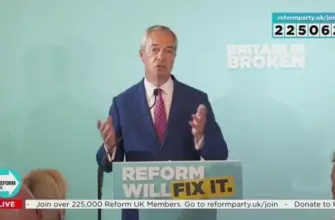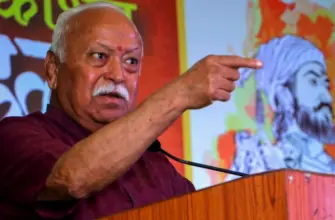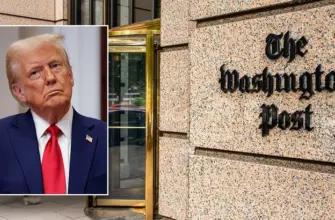A recent decision to deny access to trial transcripts in a historic grooming gang case is prompting renewed scrutiny of how court proceedings are made public, according to members of Parliament and advocacy groups.
The controversy began when Mr. Justice Rose rejected a request from Open Justice UK for the full transcript of a 2016 Bradford Crown Court trial involving twelve men convicted of exploiting a teenage girl. The judge argued that releasing the document would be “contrary to the public interest,” citing concerns about its potential use in ongoing discussions surrounding similar cases.
Robert Jenrick, the Shadow Justice Secretary, expressed serious reservations regarding this decision and its implications for open justice. In a letter addressed to Justice Secretary Shabana Mahmood, he highlighted what he described as an inconsistent approach to releasing court transcripts, noting that it could undermine transparency within the legal system.
Jenrick emphasized the core principle of public trials: “These were public trials, heard in open court, where every word could be followed from the public gallery.” He argued that the transcripts simply document what was already publicly observed and subject to scrutiny.
The situation echoes past failures, Jenrick stated, recalling previous instances where victim needs were overshadowed by concerns about the reputation of public authorities. “We have been here before,” he commented, adding, “Too many of these cases were mishandled at the time because public authorities placed their own reputational risk above the needs of victims.”
Adam Wren, founder of Open Justice UK, criticized the denial as a form of censorship and asserted that releasing court proceedings serves a vital public interest.
Wren pointed to inconsistencies in how similar requests are handled across different courts. He drew attention to a rejection from the Old Bailey, contrasting it with approvals granted by other courthouses for comparable cases.
Jenrick underscored this point forcefully: “Whether the public can access information about serious criminal trials should not depend on which courthouse received the request. There is no justification for allowing a postcode lottery to govern access to justice.”
The judiciary maintains that transcripts may be provided, but approval remains at the discretion of individual judges and each case is assessed independently.
- Requests are evaluated on a case-by-case basis.
- Judicial discretion plays a crucial role in these decisions.
The Ministry of Justice has been contacted for comment.
As quoted by GB News, Mr. Justice Rose stated:
“in the context of the public debate now taking place in general concerning cases such as this which are said to be part of a currency of offending in this city and elsewhere.”








